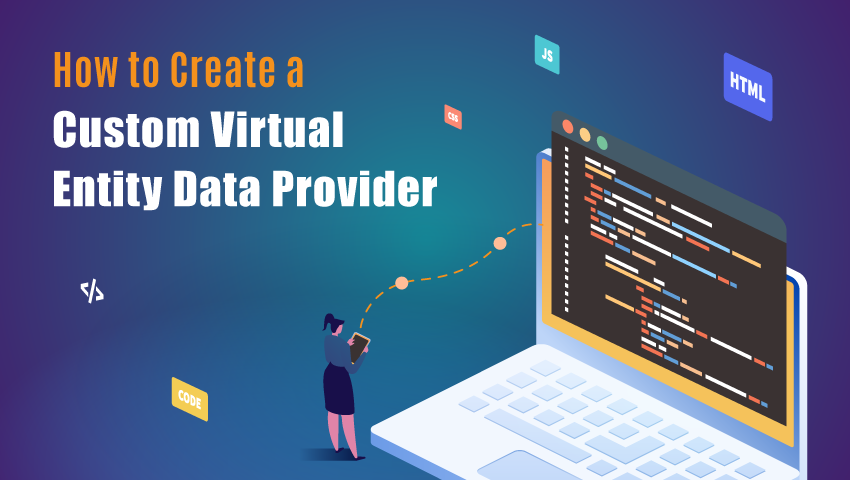Key Functions to Seek When Selecting a Data Source Provider
Selecting a database company is an important choice that can dramatically impact your company's information and operations management technique. Among the important functions to think about are scalability choices, which make sure that your system can adjust to expanding demands.
Scalability Options
When choosing a data source supplier, recognizing scalability alternatives is crucial to making sure that the picked remedy can accommodate future growth. Scalability refers to the ability of a database system to increase its ability and efficiency in action to boosted need. There are 2 main kinds of scalability: straight and upright.
Vertical scalability, or "scaling up," includes improving a single server's sources, such as CPU, RAM, or storage. This strategy can be cost-effective and uncomplicated for smaller applications but might reach a restriction where additionally upgrades are impractical or also costly.
Straight scalability, or "scaling out," includes including much more web servers to distribute the load. This technique enables better flexibility and can suit considerable rises in data quantity and user website traffic (database provider). It is especially helpful for cloud-based data source services that can dynamically allocate sources based on demand

Safety Measures

When examining safety steps, consider the implementation of security methods (database provider). Data-at-rest and data-in-transit file encryption are important to guarantee that sensitive details stays protected, also in case of a safety breach. In addition, try to find companies that provide solid verification mechanisms, such as multi-factor verification (MFA), to better improve access control
Normal safety audits and compliance with sector requirements, such as GDPR or HIPAA, are a measure of a supplier's commitment to information protection. In addition, ask regarding their incident feedback strategy; a robust strategy can reduce the impact of any type of potential safety incident.
Performance Metrics
Examining performance metrics is crucial for organizations to make sure that their chosen database copyright meets functional needs. Key efficiency metrics consist of response throughput, scalability, and time, which jointly determine the effectiveness of data source procedures under varying tons.
Action time is critical, as it reflects exactly how quickly the database can process queries and return results. Organizations must look for metrics that indicate typical action times throughout optimal and off-peak hours. Throughput, frequently determined in deals per 2nd (TPS), supplies understanding right into the data source's capacity to handle high volumes of requests without performance degradation.
Scalability evaluates the database's capacity to grow with the organization's needs. A robust database service provider ought to demonstrate horizontal and vertical scaling capabilities, allowing for smooth changes as needs rise and fall. In addition, recognizing latency, specifically in dispersed systems, can assist companies evaluate the responsiveness of the database throughout various geographical areas.
Consumer Support
Dependable customer assistance is a cornerstone of reliable database management, supplying companies with the help required to settle issues and optimize efficiency. When picking a data source copyright, reviewing the level of consumer support they provide is crucial. A robust support system should include numerous networks of interaction, such as phone, email, and live chat, making sure that customers can access aid whenever they require it.
In addition, receptive assistance groups that are available 24/7 considerably improve the reliability of the data source service. Prompt feedback times and effective resolution of problems can significantly decrease downtime and increase overall performance. It is likewise helpful to think about the schedule of devoted support employees, who can offer tailored assistance based on an organization's details requirements.

Rates Framework
When thinking about a database supplier, the rates framework is a crucial variable that can dramatically influence an organization's budget and general method. A versatile and transparent pricing version is important for aligning the data source sets you back with service needs - database provider. Organizations should evaluate whether the rates is based on consumption, per user, or a level rate, as each version can produce various monetary implications with time
It is necessary to analyze any added costs connected with the company's solutions, such as information storage space charges, transaction prices, and support fees. Some providers may provide tiered prices, enabling scalability as the company expands, while others could enforce rigorous limitations that could end up being pricey as data needs enhance.
In addition, organizations must consider the long-term value of the database option. While reduced first rates can be appealing, they may not represent future he said upgrades, upkeep charges, or combination expenses. Conducting an extensive cost-benefit evaluation will aid recognize one of the most suitable rates framework that balances scalability, support, and performance, ultimately making sure that the chosen data source service provider aligns with the organization's operational and financial purposes.
Final Thought
In final thought, selecting a database company necessitates careful consideration of various vital attributes. Scalability options ensure versatility to future growth, while durable protection actions secure sensitive information. Evaluating efficiency metrics enables the identification of reliable databases, and easily accessible customer assistance enhances the general user experience. A transparent rates framework further adds to informed decision-making. By extensively evaluating these aspects, linked here companies can make calculated choices that line up with their lasting goals and functional needs.
Selecting a data source copyright is a vital choice that can significantly impact your organization's operations and information administration method.When picking a database company, recognizing scalability choices is critical to making certain that the picked option can accommodate future development. When choosing a database provider, reviewing the degree of customer assistance they provide is vital.When taking into consideration a database company, the rates structure is an essential variable that can significantly affect an organization's spending plan and total technique. Conducting a comprehensive cost-benefit evaluation will certainly aid recognize the most appropriate rates structure that balances performance, scalability, and assistance, eventually making sure that the picked data source provider straightens with the company's operational and financial objectives.